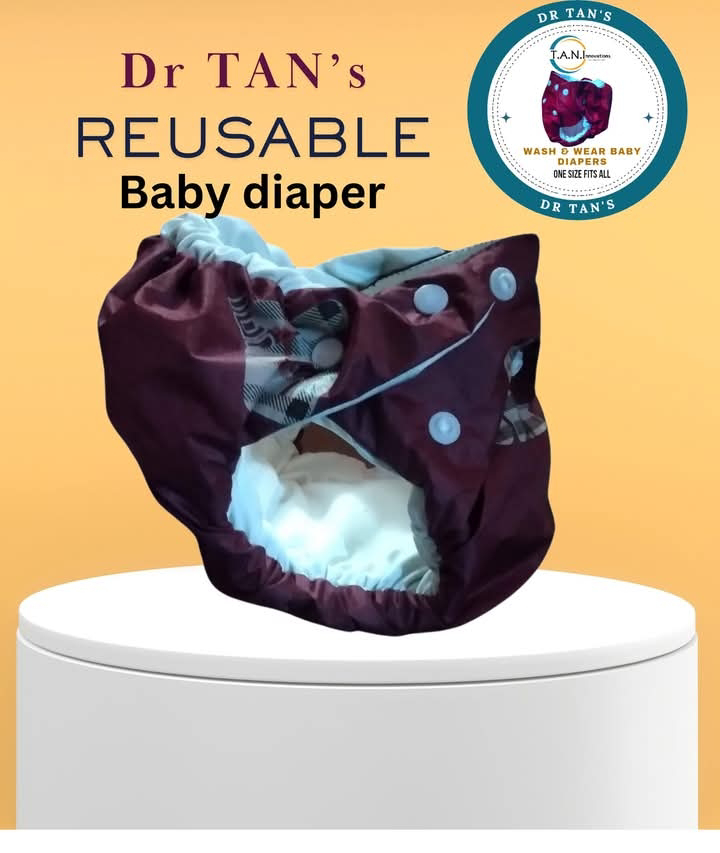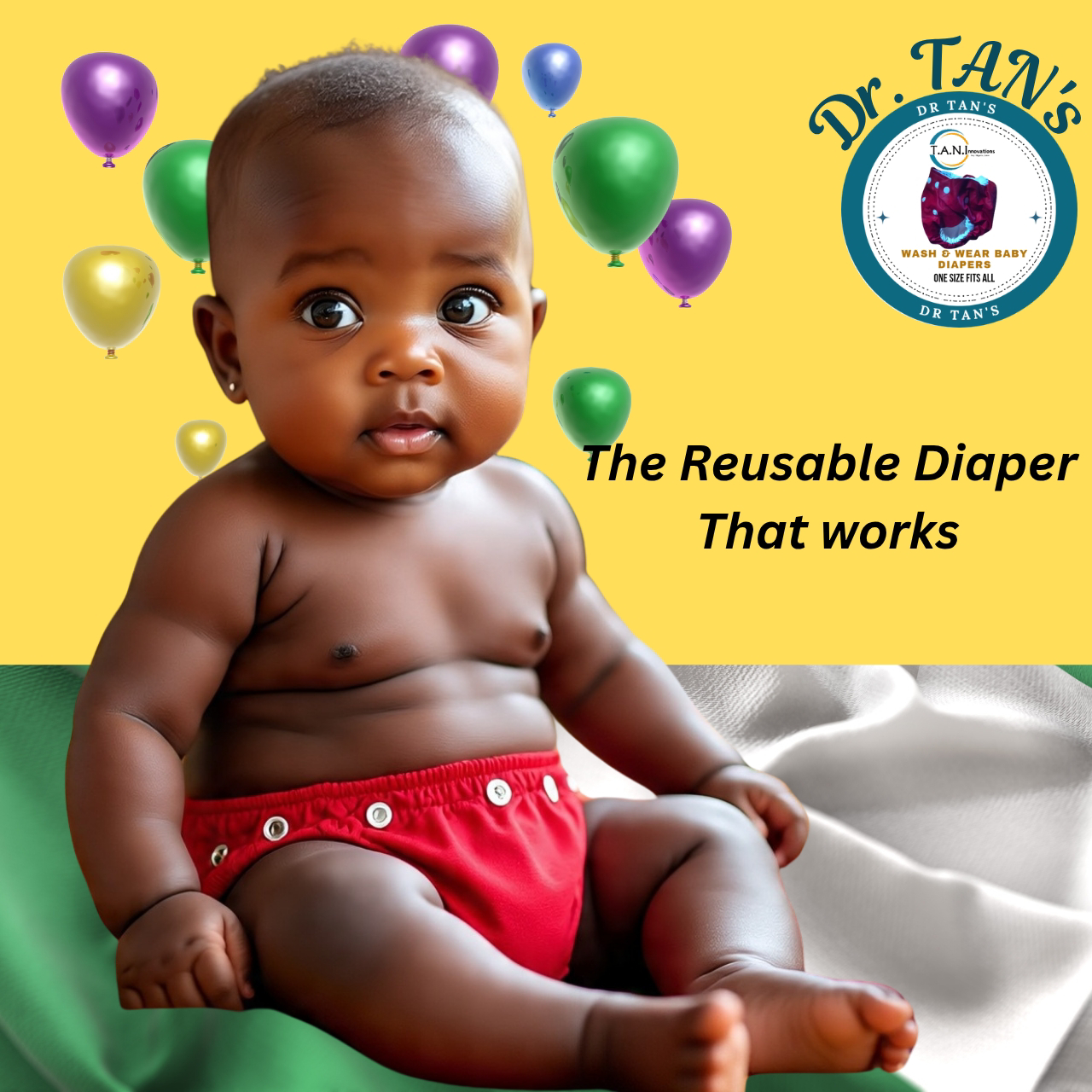Cloth vs. Disposable Diapers: A Cost and Environmental Comparison
As parents, we all want the best for our babies while making smart financial choices and protecting the environment. One of the biggest decisions new parents face is choosing between cloth
and disposable diapers. While disposable diapers are convenient, reusable diapers are gaining popularity for their long-term cost savings and eco-friendliness. Let’s break down the differences between the two, considering both financial and environmental impacts.Cost Comparison: Which Saves More?
At first glance, disposable diapers may seem cheaper because you buy them in small quantities. However, when you add up the costs over time, cloth diapers come out as the more budget-friendly option.
Initial & Ongoing Costs
Disposable diapers can cost over ₦500,000 by the time your child is potty trained, while a full set of cloth diapers costs a fraction of that and can be used for multiple children.
Environmental Impact: Which Is More Sustainable?
Disposable Diapers: A Growing Waste Problem
- A baby uses about 5,000 – 7,000 disposable diapers before potty training.
- Each disposable diaper takes 250 – 500 years to decompose.
- Disposable diapers contribute millions of tons of plastic waste to landfills yearly.
Reusable Diapers: A Greener Choice
- Cloth diapers are reusable and can last for multiple children.
- They significantly reduce plastic waste compared to disposables.
- They require water and energy for washing, but modern washing machines and detergents make this more efficient.
Even when considering washing, the overall environmental footprint of cloth diapers is much smaller than that of disposables.
Convenience & Comfort: The Final Considerations
- Convenience: Disposable diapers are easy to use and discard, while cloth diapers require washing. However, modern cloth diapers (like Dr TAN’s) come with leak-proof inserts and easy-to-use snap buttons, making them just as convenient.
- Baby’s Health: Cloth diapers contain no chemicals or synthetic gels, reducing the risk of diaper rashes and allergies.
- Potty Training: Studies show that babies who wear cloth diapers tend to potty train faster because they feel wetness more easily.
Final Verdict: The Smarter Choice
If you’re looking for an eco-friendly, cost-effective option that also benefits your baby’s health, cloth diapers win the battle. While disposable diapers offer convenience, their financial and environmental costs are significantly higher.
By switching to Dr TAN’s Reusable Diapers, you can save thousands, reduce waste, and give your baby a healthier, more comfortable diapering experience.
Ready to make the switch? Explore our collection at taninnovations.catlog.shop and start your eco-friendly parenting journey today!



Comments
Post a Comment